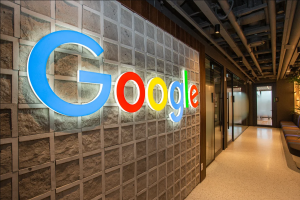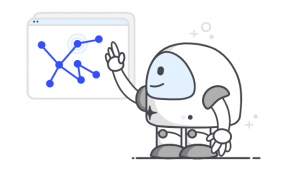Apple e-Book Conspiracy Grows as Personal Cloud Takes Hold
![]() Back in August, Anthony Petru of Oakland, California and Marcus Mathis of Natchez, Mississippi joined up with their lawyer Douglas Thompson to file a class action lawsuit against Apple and five of the big six publishing houses in a New York court. The allegation? These six companies conspired to control the pricing of e-books so that Amazon can no longer sell them at a discounted price. The next day, the sixth publishing house was included in the complaint.
Back in August, Anthony Petru of Oakland, California and Marcus Mathis of Natchez, Mississippi joined up with their lawyer Douglas Thompson to file a class action lawsuit against Apple and five of the big six publishing houses in a New York court. The allegation? These six companies conspired to control the pricing of e-books so that Amazon can no longer sell them at a discounted price. The next day, the sixth publishing house was included in the complaint.
The defendants are Apple, Hachette, Simon & Schuster, Macmillan, HarperCollins, Penguin, and the sixth is Random House. According to the complaint, Apple negotiated with the publishing houses to abandon the traditional wholesale model and adapt the agency model in pricing the e-books before they launched the iPad in 2010. The agency model lets publishers set their own e-book prices, and the retailer or agent receives a commission. The traditional wholesale model, on the other hand, lets publishers set a book’s suggested retail price and retailers can discount the books to any price that they want. Furthermore, the agency model requires e-books to be priced the same across all e-bookstores, so an e-tailer like Amazon can’t price competitively–only the publisher can do that.
According to the complaint, “Plaintiff Petru purchased at least one eBook at a price above $9.99 from a Publisher Defendant for use on his Amazon Kindle. Since May 2010, Plaintiff Mathis has purchased several eBooks from Publisher Defendants at a price above $9.99 for use on his Sony Reader.”
![]() The plaintiffs believe that Amazon’s previous price for e-books, which was $9.99 and under, was the correct price. They think that e-book pricing should cost cheaper than printed books, since publishing e-books are cheaper than printing an actual book. They also stated that the defendants priced their e-books higher than the printed version and they are ripping off their consumers.
The plaintiffs believe that Amazon’s previous price for e-books, which was $9.99 and under, was the correct price. They think that e-book pricing should cost cheaper than printed books, since publishing e-books are cheaper than printing an actual book. They also stated that the defendants priced their e-books higher than the printed version and they are ripping off their consumers.
The move to adapt the agency model is directly related to the fact that more people are purchasing e-books compared to printed copies. And these publishers saw that they would lose great revenue with the growth of e-book market, compounded by Amazon’s discounted pricing. The agency model in fact forced Amazon to comply with the price control. In the rise of the personal cloud, Apple takes care of its competition one way or another.
The defendants argue that e-books can’t be priced lower than printed copies since the costs of publishing a book are fixed (acquisition, cover design, editing, marketing, etc.), and don’t go away when you turn it into an e-book. Right now, readers are paying 30-50% more than when Amazon controlled the e-book pricing.
At present, the lawsuits are on hold as the law firms are wrangling as to where the litigation should take place, and have asked the formation of a Judicial Panel for Multidistrict Litigation to consolidate the cases and to choose a venue for them. The panel will not meet until December, and they would probably take a few weeks before coming up with a decision as to where the litigation will go down.
A message from John Furrier, co-founder of SiliconANGLE:
Your vote of support is important to us and it helps us keep the content FREE.
One click below supports our mission to provide free, deep, and relevant content.
Join our community on YouTube
Join the community that includes more than 15,000 #CubeAlumni experts, including Amazon.com CEO Andy Jassy, Dell Technologies founder and CEO Michael Dell, Intel CEO Pat Gelsinger, and many more luminaries and experts.
THANK YOU













